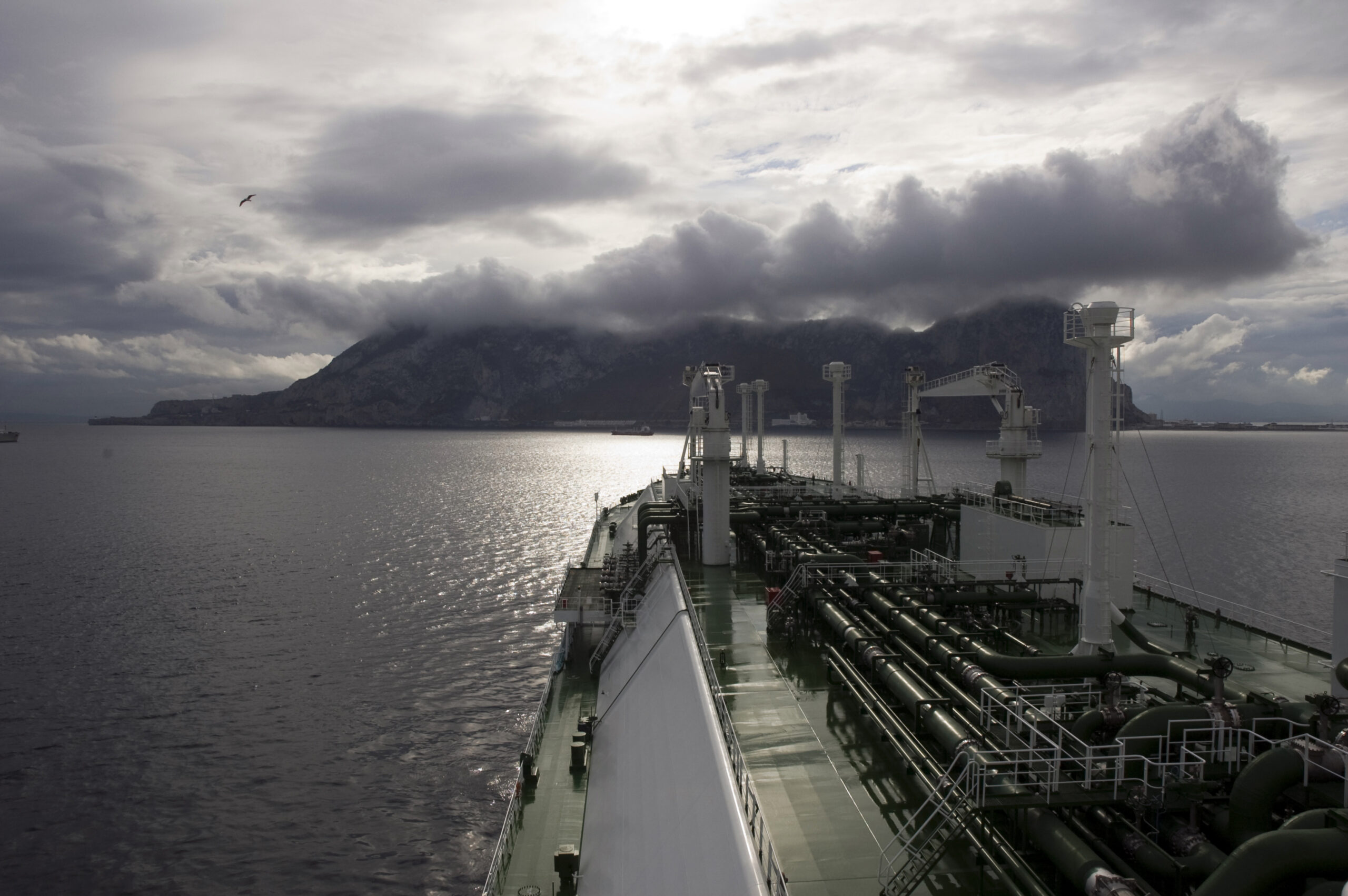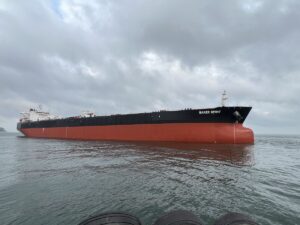A group of Republican and Democratic U.S. senators introduced on Thursday a bill that would significantly expand U.S. sanctions on Russia’s “shadow fleet” of oil tankers that Moscow has used to evade western restrictions on its energy sector since the full-scale invasion of Ukraine in 2022.
The “Sanctioning Harbors and Dodgers of Western Sanctions,” or SHADOW Fleets Act comes as US President Donald Trump has said he wants to discourage countries from purchasing Russian oil, which fuels the Russian economy and Putin’s war.
The Shadow Fleets Act was introduced by Republican senator Jim Risch of Idaho, chairman of the Senate foreign relations committee and Democratic senator of New Hampshire Jeanne Shaheen, the ranking member of the foreign relations committee, alongside other Republican and Democratic senators.
The bill would target the so-called shadow fleet by providing a list of indicators the U.S. authorities may use to identify vessels supporting the Russian fleet, establish strict sanctions liability for any ship that engages in a ship-to-ship transfer with a sanctioned shadow fleet vessel, according to Senate Foreign Relations Committee press release.
Among other things, it also sanctions Russian arctic liquid natural gas (LNG) projects and new Russian LNG project development. It also identifies critical choke points in the Russian defense industrial base where the U.S. can effectively target sanctions and create bottlenecks for Russian defense supply chains.
As it is reported, the bill would end the Nord Stream II pipeline to Europe.
The bill has the backing of a bipartisan group of senators as there is a growing appetite among lawmakers in Washington for stronger efforts to exert pressure on Moscow to choke off Putin’s war chest.
The push comes after the U.S. president Donald Trump hosted Putin in Alaska in August, warning of consequences if Moscow rejected a ceasefire deal.
The European Union is also moving ahead with new measures. The European Commission has proposed a 19th package of sanctions against Russia to member states, Commission President Ursula von der Leyen announced on Friday.
“We want Russia to leave the battlefield and come to the negotiating table. This is the way to give peace a real chance,” von der Leyen said.
The package includes a $47.6 oil price cap, ban of imports of Russian LNG into European markets, asset freezes against companies and new sanctions against 118 vessels from the so-called shadow fleet of aging vessels shipping Russian oil.
Major energy trading companies will also be on a full transaction ban. “We target refineries, oil traders, petrochemical companies in third countries, including China. In three years, Russia’s oil revenues in Europe have gone down by 90%,” von der Leyen stressed.
According to her, the sanctions are severely affecting Russia’s economy. “The interest rate is at 17%. Inflation is persistently high. Russian access to financing and revenues are consistently decreasing. And Russia’s overheated war economy is coming to its limits,” she added.
Responding to the package, Ukraine’s president Volodymyr Zelenskyy said on Saturday, “I am grateful that many of Ukraine’s proposals have been taken into account in the EU sanctions package. We are constantly working on this with every one of our partners, and of course, above all with the European Union and the Group of Seven. We now expect strong sanction steps from the United States as well – Europe is doing its part.”
“We expect its approval soon,” he mentioned about the proposed 19th package of sanctions against Russia. “We will quickly synchronize the package in Ukraine. Russia’s energy resources are being restricted. As well as the infrastructure of the shadow fleet – it will face new pressure.”



